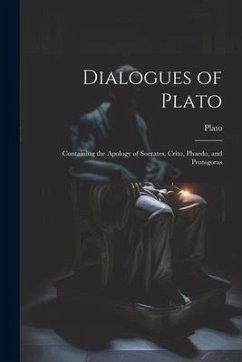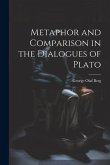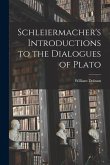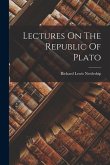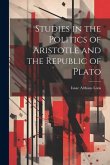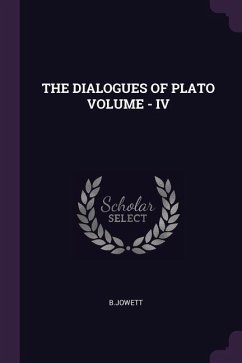This collection of dialogues by Plato features four of the most renowned works in Western philosophy: 'The Apology', 'Crito', 'Phaedo', and 'Protagoras'. In these works, Plato explores the nature of knowledge, justice, and the good life, presenting arguments and counterarguments in the form of dialogues. These timeless classics continue to inspire and challenge readers today, making them essential reading for anyone interested in philosophy and the history of ideas. This work has been selected by scholars as being culturally important, and is part of the knowledge base of civilization as we know it. This work is in the "public domain in the United States of America, and possibly other nations. Within the United States, you may freely copy and distribute this work, as no entity (individual or corporate) has a copyright on the body of the work. Scholars believe, and we concur, that this work is important enough to be preserved, reproduced, and made generally available to the public. We appreciate your support of the preservation process, and thank you for being an important part of keeping this knowledge alive and relevant.
Hinweis: Dieser Artikel kann nur an eine deutsche Lieferadresse ausgeliefert werden.
Hinweis: Dieser Artikel kann nur an eine deutsche Lieferadresse ausgeliefert werden.

